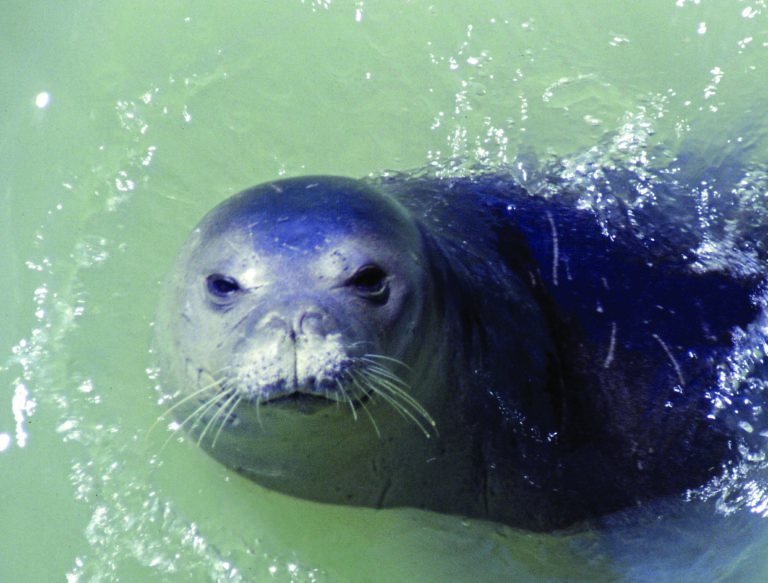
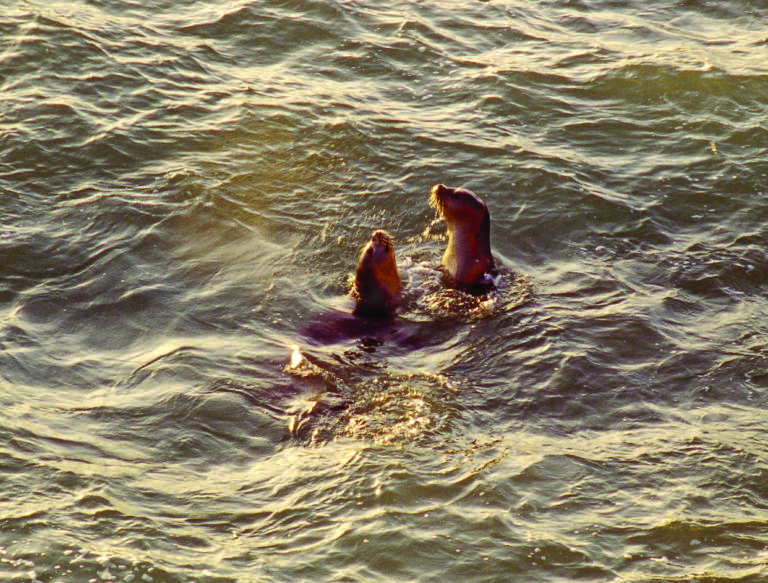
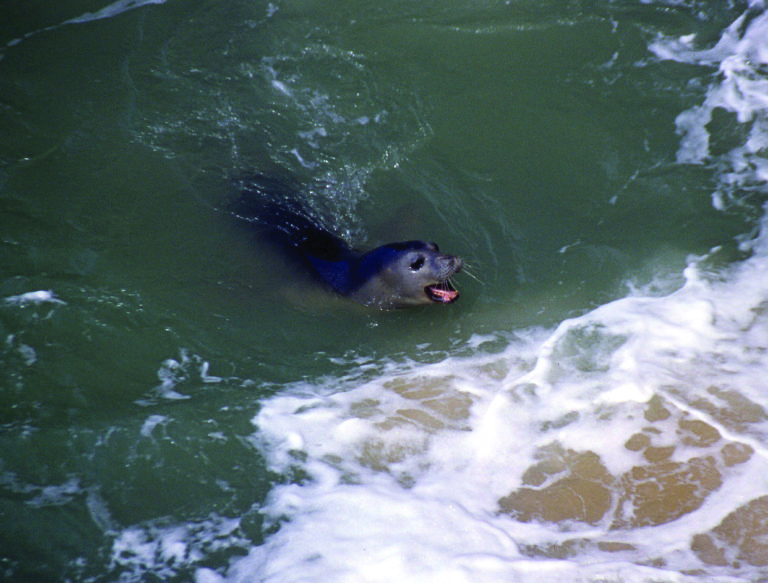
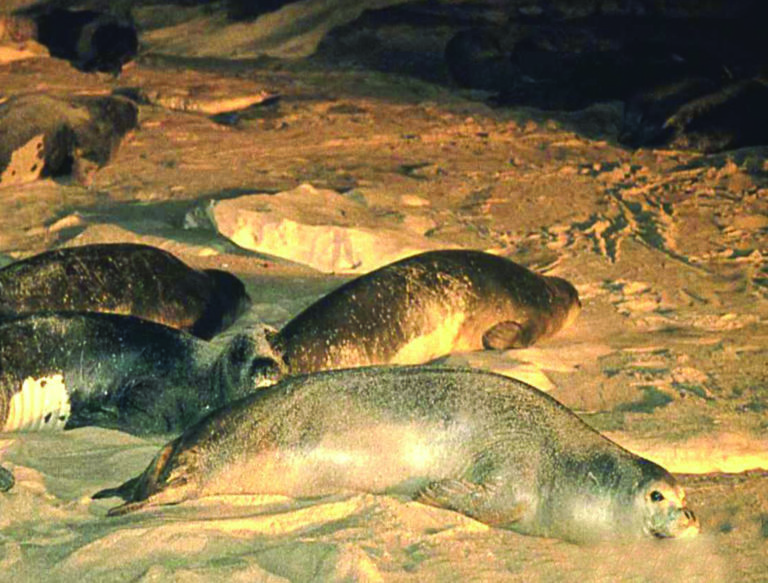
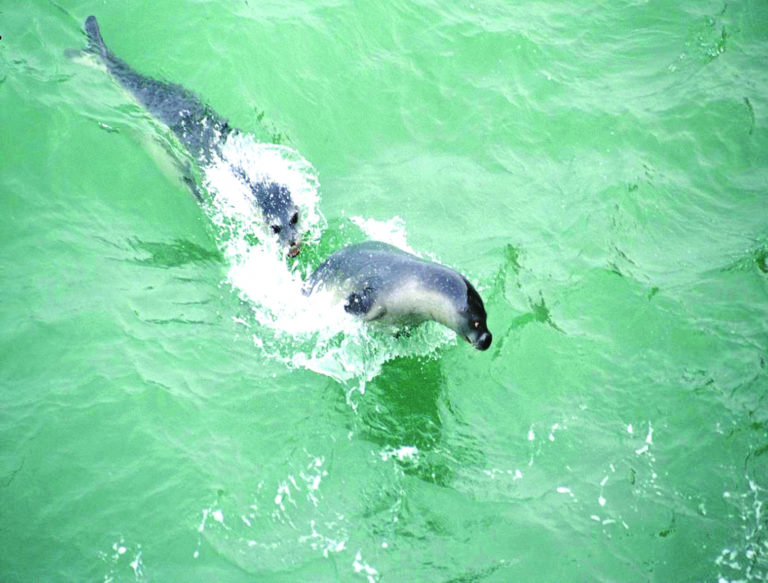
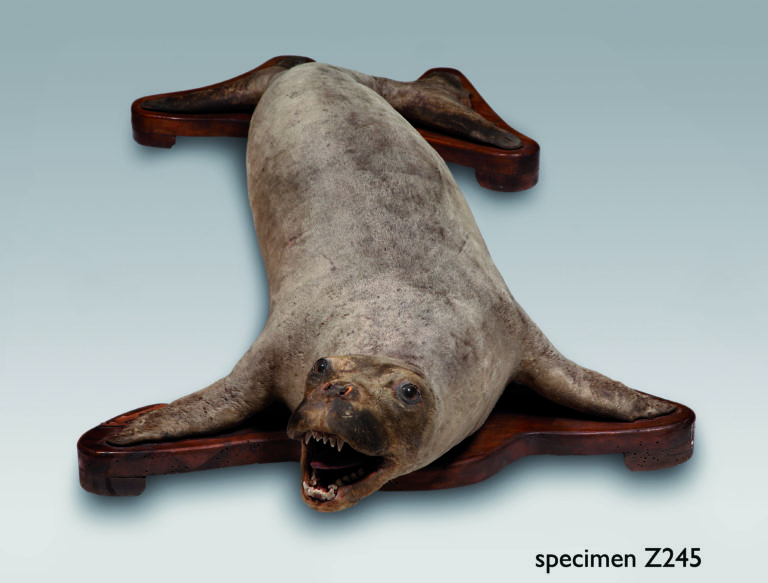

Conservation genetics of the Mediterranean monk seal
Project coordinator (2018-2022)
Funding: Fondation Prince Albert II de Monaco (FPA2)
« Génétique de la conservation du phoque moine de Méditerranée »
Through the last two centuries, negative interactions with fishermen and growing human encroachment in coastal areas have resulted in the disappearance of the Mediterranean monk seal (Monachus monachus) from most of its range. With less than 700 individuals isolated in two main populations (eastern Mediterranean and North Atlantic), the species is considered the most endangered seal on Earth. Available genetic evidence shows that the Mediterranean monk seal is among the most genetically depauperate mammals, challenging the recovery of the species.
In the project, we explore the inputs of high-throughput sequencing approaches combining historical and extant populations in (i) the timing and localization of population collapses and (ii) the development of new molecular markers to study fine-scale population genetic processes in the surviving populations.
Our approach aims to identify the evolutionary processes possibly involved in the near extinction of the Mediterranean monk seal, and to establish a scientifically-base conservation plan for the last breeding populations. The involvement of a Greek NGO (MOm) will help anchor our project in applied conservation and disseminate our results to local and international actors.


MOm (Hellenic Society for the Study & Protection of the Monk Seal), Athens, Greece
Alexandros Karamanlidis
Panos Dendrinos
Collaborators
Pablo Fernández de Larrinoa, CBD Habitat Foundation, Madrid, Spain
Alex Aguilar, IRBio, Faculty of Biology – University of Barcelona, Spain
Fabien Leprieur, MARBEC, Université de Montpellier, France
Insights from 180 years of mitochondrial variability in the endangered Mediterranean monk seal…
Mitogenomics of the endangered Mediterranean monk seal (Monachus monachus) reveals dramatic loss…
